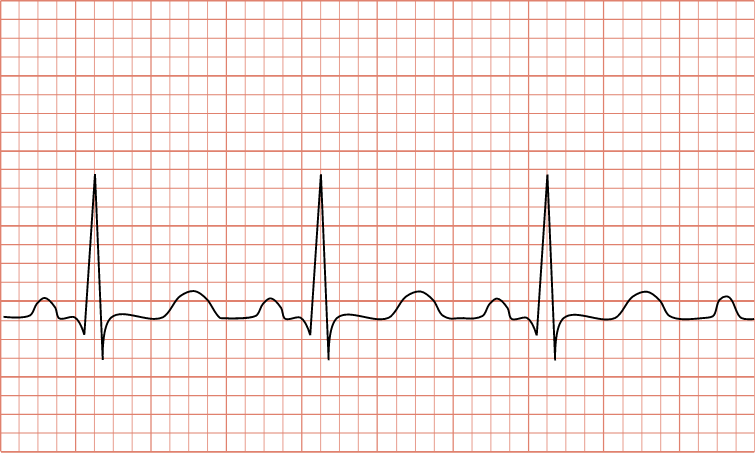Increased heart rate

Increased heart rate or tachycardia is described as a heart rate that is faster than the normal heart rate at rest. The average healthy human heart normally beats 60 to 100 times a minute when a person is at rest. [1] When the heart rate fluctuates to higher levels over 100 BPM, it is described as tachychardia or an abnormally high heart rate.
It is worth noting that increased heart rate can often be a result of psychological symptoms as a natural adrenal response to anxiety, paranoia, shock, and fear.
Increased heart rate is most commonly induced under the influence of heavy dosages of stimulating compounds, such as traditional stimulants, certain psychedelics, and certain dissociatives. This is thought to occur as a direct result of dopaminergic or adrenergic modulation. [2] [3] However, it can also occur under the influence of deliriants due to the way in which they inhibit acetylcholine, one of the main modulators of heart rate in the peripheral nervous system. [4] [5]